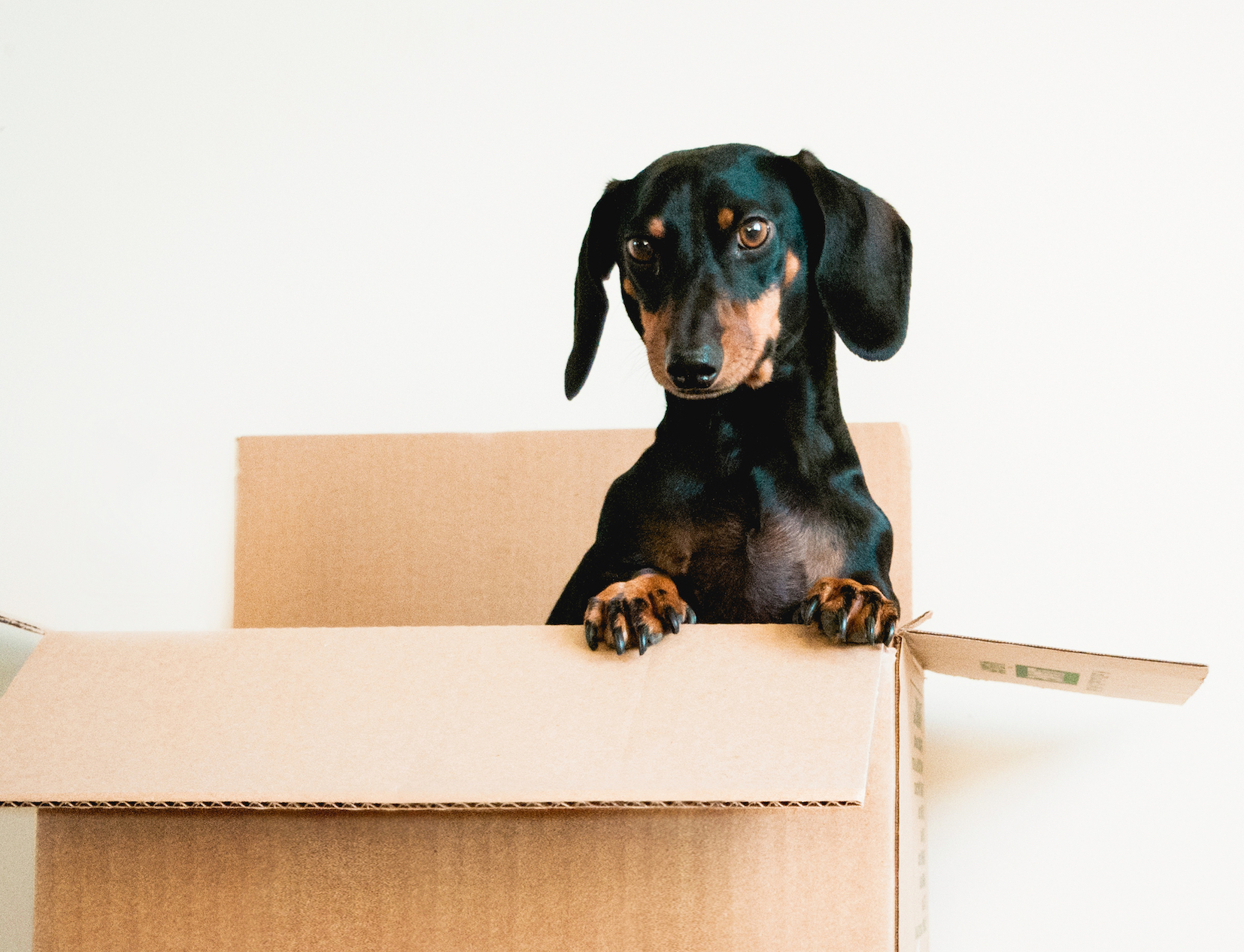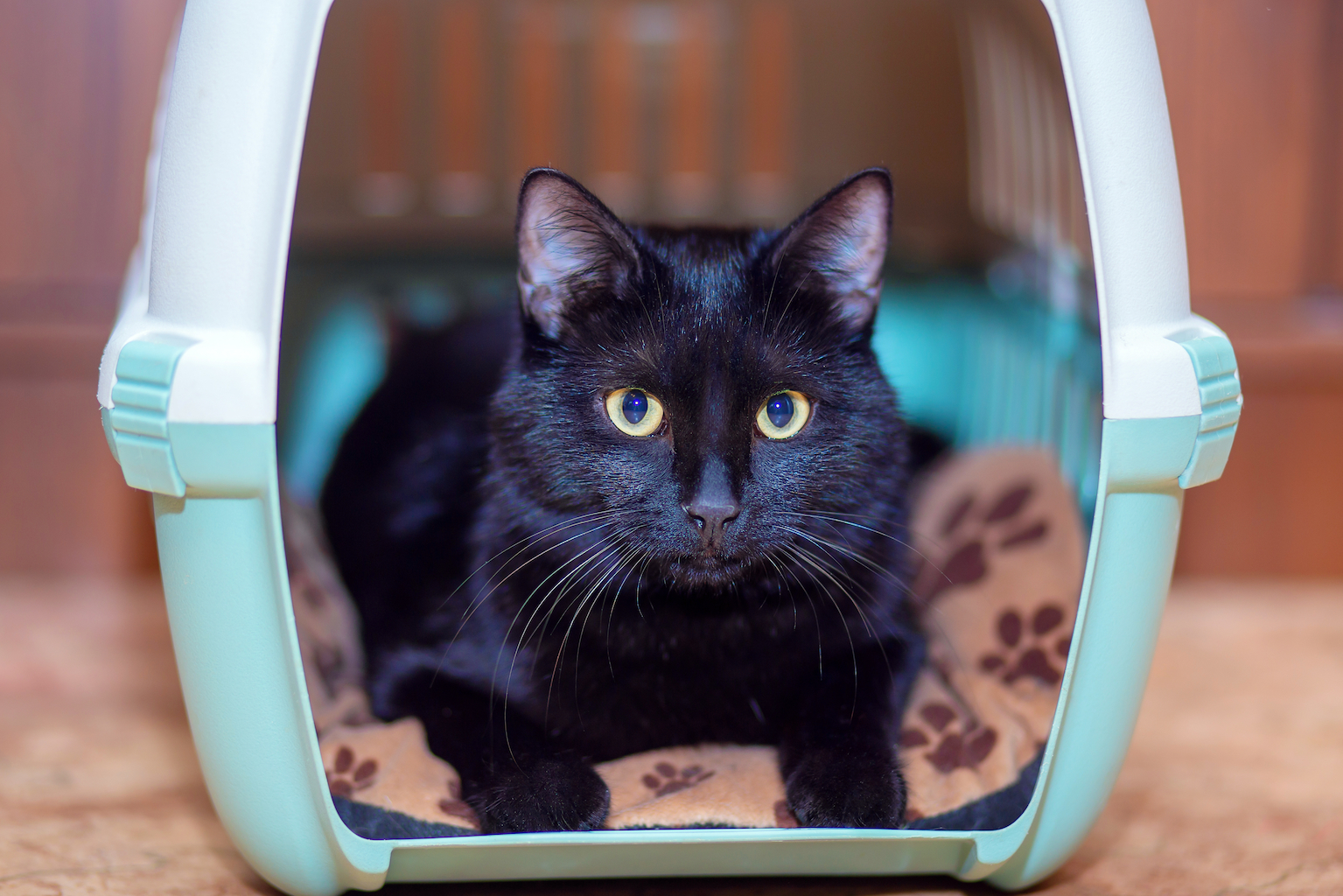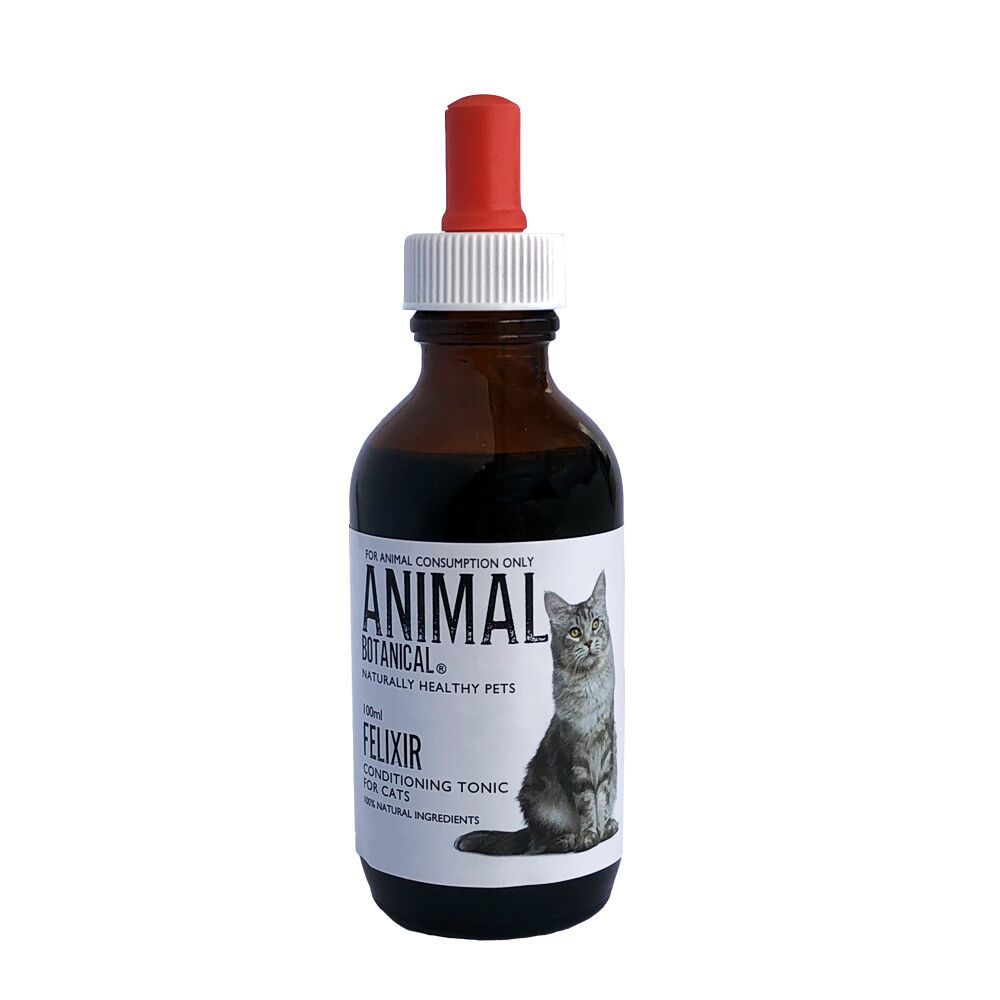Moving house can be a very stressful time, and this stress can be ongoing from the moment you know you are going to move through to when you are settled into the new place. This can be months of stress. It is emotionally and physically exhausting for everyone involved.

Moving is hard. You have to find somewhere to move, handle every single one of your belongings and make decisions on what to take and what to throw away. You have to have your belongings physically moved to the new house, and then the dreaded house-moving clean. It may even come with a new job, a new relationship or even new climate. And unfortunately, this can sometimes comes with financial hardship, loss, heartache and sadness.
Although our pets are not actively involved with the things we find stressful, they have different stress to us.
Pets do not understand what is happening when we move, they live in the moment, and the moments leading up to, during and after a move are very stressful and confusing for our pets.
Often owners have less time to spend with their pets. The cat may be locked into another room because it just wont stay out of the boxes and the dog may be shut outside as you start moving the heavy furniture about. You are too exhausted for walking and didn’t realise it was 3 hours past your dogs dinner time.
Owner stress can also be a significant stressor for pets. They know that you are stressed. You smell stressed, your body language is stressed, your facial expression is stressed. You’re more reactive to their behaviours. You might be yelling at the kids, or your partner more. Crying over the photo of a loved on you have just found, or you may be playing louder music that normal as you try and stay awake and in the mood to pack.
Then after all the chaos in the house, all the furniture is moved, and the house is empty they have to move to a new house, with new smells, the backyard might be bigger, smaller, hotter, colder etc etc. There is still chaos as the boxes get emptied, the furniture is arranged then rearranged.
This can be a long term stress event. Their adrenal glands and nervous system has been working overtime and their immune system is going to be a little more suppressed than usual.

Here are a few ways to help support your pet through a move:
1. Try to maintain a routine for them. Feed them and walk them at the same time of day. This will help to reduce the anticipatory stress that they are feeling, and will help you to clear your head and step away from the boxes for a short time.
2. Spend some time relaxing and patting your dog or cat. Sitting with them and spending some quiet time. Again this is just as good for you as it is for them.
3. Support their adrenal glands and nervous system leading up to the move, and follow through with this as they settle into the new residence. I like stress support for a minimum of 2 weeks leading up to a move, and 1 months as they are settling in.
4. If possible, introduce your pet to the new house prior to move day. Also make sure the yard is safe before leaving them unsupervised there. I also recommend not leaving them in the new property until you are going to be sleeping there too. If you are there they will feel much more reassured about the situation, and the last thing you want is for your introduction to the new neighbourhood is a lonely dog that howls all night.
5. Make sure they have their own bedding and pop it down somewhere they will feel safe and secure and can escape from the situation if needed.
6. Look in the new yard thoroughly, checking for any hazards such as poisonous plants, holes in the fence, stray wirers or ropes old dirty containers that have caught water they are bound to want to drink
7. For cats, make sure there is plenty of kitty litter trays available for them to use, and even have a few more around the house initially. A stressed cat is very inclined to urinate outside of the litter box.
8. If you have moved somewhere with a new climate, make sure you have made allowances for this. They will acclimatise, but initially this can be another stressor to the body.
9. Allow your pet space- allow them room to escape from the chaos of unpacking boxes, excited kids and stressed adults. If they have a quiet bedroom they can escape to they can moderate their stress themselves.
10. Don’t make any diet changes at the same time as moving, try not feeding junk food left overs like pizza crusts. An upset tummy is much more likely when there is high levels of stress with a diet change.
By reducing other stressful events in the life at the time of moving is really important and helps them to settle into their new house much quicker. Some dogs will be totally fine with a move, and seem to take it all in their stride, where others can be very put out by it. Cats in particular can have a lot of stress from a house move. If you would like a stress support plan to help your pet (or for yourself) please contact our practitioners for more information.




